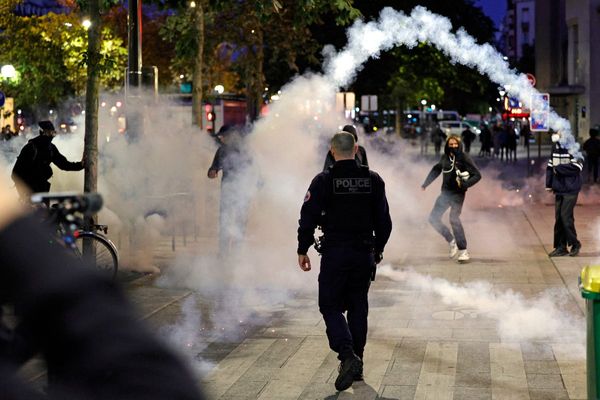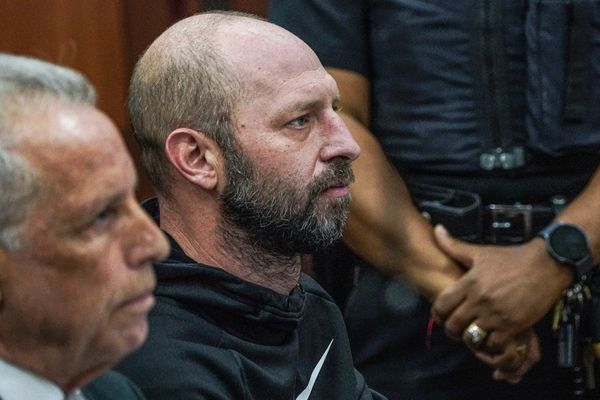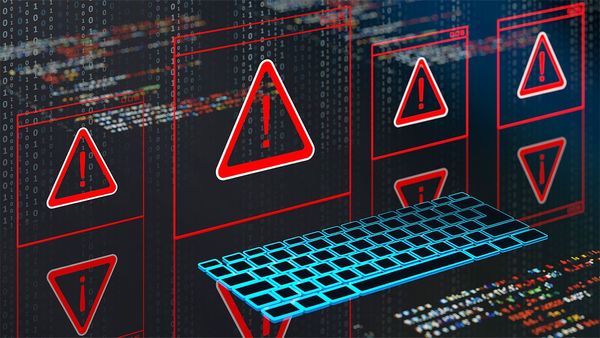Inari Medical stock skyrocketed Tuesday after Stryker agreed to buy the medical devices company for $4.9 billion.
Rumors of the deal sent Inari stock flying almost 31% during the final hour of trading on Monday. After Stryker confirmed the deal, shares flew by another double-digit percentage after hours, closing 22.2% higher on Tuesday, at 79.45.
The deal makes strategic sense, analysts said. Inari sells devices that treat venous thromboembolism, a condition that occurs when blood clots form in the veins. This complements Stryker's neurovascular business, which includes products for angioplasty, stenting and embolization.
"With Inari as the mechanical thrombectomy leader in pulmonary embolism (PE) and deep vein thrombosis (DVT), Inari's products could now bolster the neurovascular subsegment that represents a $1.3 billion annual run-rate as of last quarter," William Blair analyst Margaret Kaczor Andrew said in a report to clients.
Stryker stock, though, fell 1.7% to 355.10.
Complementing Stryker's Neurovascular Biz
Inari has a series of devices, including treatments for deep vein thrombosis — when a clot forms in the leg or pelvis — and pulmonary embolism. In the latter condition, part of the blood clot breaks off and heads to the lungs. Inari also sells products that pull clots out of the limbs. Andrew of William Blair estimates the adjacent products have a combined total addressable market of $3.1 billion.
They will "allow Stryker to expand beyond stroke into attractive vascular thrombectomy markets that have been growing high teens to 20%-plus domestically over the last several quarters," she said. "Ultimately, Inari gives it access to a combined $10 billion-plus U.S. opportunity on top of its already $4 billion neurovascular TAM (total addressable market)."
Andrew says the purchase price of $80 per share is 6.5 times her 2025 sales estimate for Inari Medical. Meanwhile, Inari's closest competitor, Penumbra, is trading at around 6.6 times its expected sales for the year. The deal is expected to close in the first quarter.
BTIG analyst Marie Thibault says other bidders could emerge as venous thromboembolism is a big market. Stryker estimates the condition affects 900,000 people in the U.S. each year. Abbott Laboratories, Boston Scientific and Becton Dickinson have acquired companies in this space. Koninklijke Philips also plays in this segment.
"While there are numerous private companies, most are not yet commercial stage, and NARI is the market share leader in both deep vein thrombosis (DVT) and pulmonary embolism (PE)," Thibault said.
Inari Medical Benefits Amid Medtech Boom
The potential comes amid a boom for medical devices and surgeries. Many people delayed elective procedures at the height of the pandemic.
BTIG's Thibault notes analysts expect Inari Medical to report greater than 20% sales growth for 2024. Importantly, Inari has never missed sales expectations in any quarter since going public in 2020.
Further, Inari has maintained gross margins in the high-80% range and was eyeing sustained operating profit this year.
Andrew, the William Blair analyst, says the deal aligns with Stryker's mergers and acquisitions strategy. The medtech behemoth closed six deals worth a combined $1.6 billion in the first nine months of 2024.
"We believe Inari aligns with management's M&A strategy after the company's expectation to 'stay active on the M&A front' in late October," she said. "Among other medtech categories, Stryker management has been vocal that peripheral vascular was one of its high areas of interest."
Follow Allison Gatlin on X/Twitter at @IBD_AGatlin.







